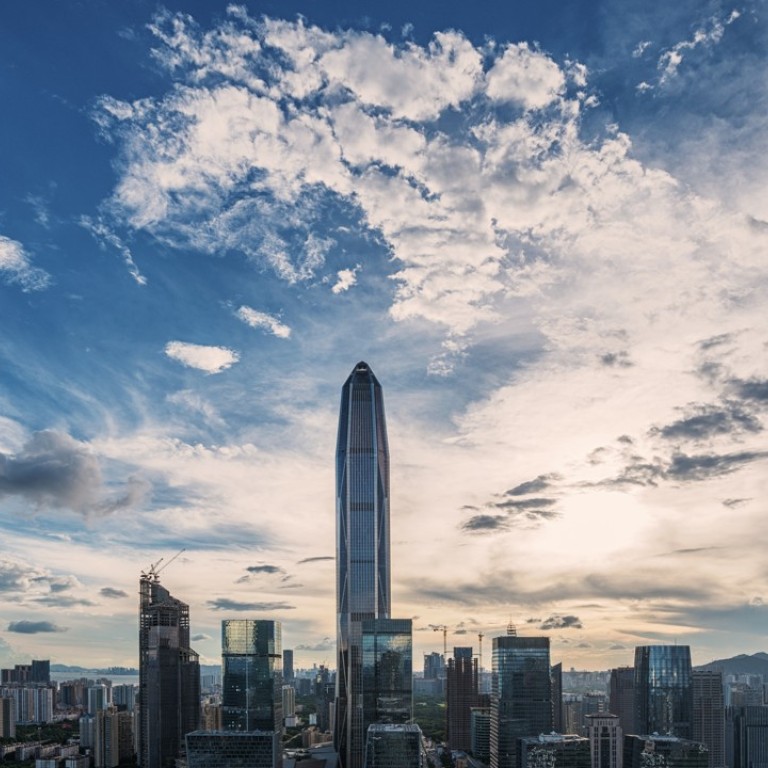
More private equity-backed cross-border deals in China and Asia this year, says Grant Thornton
Increased investment activity in Greater Bay Area will fuel the trend, says advisory firm
Private equity-backed cross-border deals in Asia will increase in 2018, on the back of increasing interest from managers providing growth capital to companies in the Guangdong-Hong Kong-Macau “Greater Bay Area”, according to audit and advisory firm Grant Thorton.
Barry Tong, national head of transaction advisory services at the company, said such an increase is also likely to be fuelled by private equity funds opting to exit their investments through secondary buyouts – selling their portfolio companies to other private equity companies that also specialise in the same industry as the companies being sold.
For the first nine months of 2017, private equity-backed buyouts in Asia were up by 129 per cent to US$48 billion, bucking a 28 per cent drop in the value of buyout deals registered globally. Such increases in Asia were helped by the US buyout company Bain Capital, which led a consortium that acquired Toshiba Memory Corporation in Japan, a deal amounting to US$17.7 billion.
“We have seen increasing activity from private equity managers that are based in the Greater China region, who have invested in manufacturers in the nine cities covered by the Greater Bay Area. These are usually suppliers of readily made products or component parts,” said Tong.
Linking up Macau, Hong Kong and nine cities in Guangdong province – Guangzhou, Shenzhen, Zhuhai, Foshan, Zhongshan, Dongguan, Huizhou, Jiangmen and Zhaoqing – the Greater Bay Area is designed to become a world-class city cluster that will play a leading role in advanced manufacturing and innovation, and will support investment activities.
But Tong said managers interested in the Greater Bay Area are usually private equity funds that provide growth capital, a strategy that is different from buyout funds in that a growth capital fund generally does not seek to buy a controlling stake.
Private equity-backed buyouts are likely to increase in other parts of Asia too. This is because “dry powder”, money raised from investors that is not yet invested, has reached US$954 billion, a historic high, and Tong said this would create incentives to drive more secondary buyouts this year.
We have seen increasing activity from private equity managers that are based in the Greater China region
Tong said he expected some private equity managers to exit their investments through secondary buyouts, instead of initial public offerings, to avoid pricing pressures from other deals expected to be launched in the market this year.
In 2017, IPOs in Hong Kong raised HK$128 billion (US$16.36 billion), a drop from HK$195 billion a year ago. A reduction of sizeable IPOs, some of which were being rescheduled for this year, caused the decrease in 2017, he said.
Market participants expect that several leading Chinese technology giants, including Ant Financial, Lufax and Xiaomi – China’s leading smartphone maker valued at US$110 billion – are slated for a Hong Kong listing this year.
The recent Asia-Pacific Business Complexities Survey 2017 by Baker McKenzie found that 77 per cent and 95 per cent of respondents were anticipating that China and India, respectively, would become more influential in merger and acquisition activities in Asia this year.

